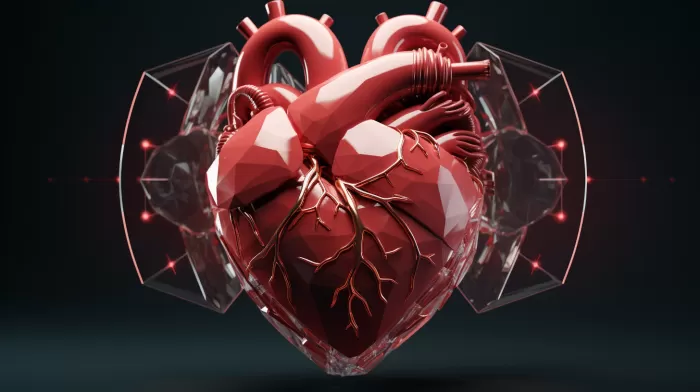You may not realize it, but a common lifestyle mistake could be putting your liver and heart cells in danger. Luckily, researchers at the Medical College of Wisconsin have identified a way to help protect your organs from irreversible damage.
The Danger of Overwork and Lack of Sleep
The major issue endangering your health is overwork and sleep deprivation. Studies have shown that pushing yourself too hard and not getting enough sleep can lead to cellular damage and injury to cellular genetic material in various organs.
Past research has shown that missing out on sleep can lead to measurable amounts of proteins in your blood that are linked to brain damage, and may even lead to Alzheimer’s disease. Additionally, sleep deprivation can double your chances of hospitalization due to heart failure, increase your risk for diabetes, and disrupt your heart rhythm.
Now, lab research from Wisconsin has shown that cells in organs like the heart, liver, lungs, and small intestines may suffer DNA alterations when you skimp on sleep. The most concerning issue is that they may not recover until you make up for the lost sleep.
As researcher Carol Everson explains, “The study culminates years of work and provides physical evidence that sleep deprivation injures cells and that sleep recovery restores the balance between, among other parameters, DNA damage and repair.” She continues to stress the importance of their findings, stating, “This is important because specific physical underpinnings that pose disease risk from sleep deficiency have been elusive and are now becoming identified.”
Why Sleep Is So Important
Sleep is essential for overall health and well-being. Your body needs sleep to not only recover from daily stressors but also to repair and regenerate cells and tissues, as well as maintain proper cognitive function. Without the rejuvenating power of sleep, your body cannot perform at its best, and your risk for various health issues increases.
Some of the critical processes that occur during sleep include:
- Muscle repair and growth
- Memory consolidation
- Release of growth hormones
- Removal of brain waste
- Regulation of appetite hormones
How Much Sleep Do You Need?
According to the National Sleep Foundation, the amount of sleep that you need varies depending on your age. Here are the recommended sleep durations for different age groups:
- Newborns (0-3 months): 14-17 hours
- Infants (4-11 months): 12-15 hours
- Toddlers (1-2 years): 11-14 hours
- Preschoolers (3-5 years): 10-13 hours
- School-age children (6-13 years): 9-11 hours
- Teenagers (14-17 years): 8-10 hours
- Young adults (18-25 years): 7-9 hours
- Adults (26-64 years): 7-9 hours
- Older adults (65+ years): 7-8 hours
Tips for Improving Your Sleep and Protecting Your Organs
To help protect your liver and heart cells, as well as the cells in other organs, it’s crucial to make sleep a priority. Here are some tips on how to improve your sleep and ensure that your body has ample time to repair and recover:
- Establish a regular sleep schedule: Going to bed and waking up at the same time every day, even on weekends, can help regulate your internal clock and improve sleep quality.
-
Create a sleep-friendly environment: Keep your bedroom cool, dark, and quiet, and invest in a comfortable mattress and pillows.
-
Limit exposure to screens before bed: The blue light emitted by phones, tablets, and computers can interfere with the production of melatonin, the hormone that regulates sleep. Try to limit screen time 1-2 hours before bedtime.
-
Avoid stimulants: Consuming caffeine or nicotine close to bedtime can make it harder for you to fall asleep.
-
Get regular exercise: Physical activity can help you fall asleep faster and enjoy deeper sleep.
-
Practice relaxation techniques: Doing activities like deep breathing, yoga, or meditation before bed can help you relax and prepare your body for sleep.
-
Seek professional help if necessary: If you’re still having trouble sleeping after trying these tips, consider speaking with a healthcare professional or sleep specialist.
By recognizing the importance of sleep and making an effort to improve the quality and duration of your rest, you’ll be taking a crucial step in protecting your liver, heart, and other organ cells from potential damage. In turn, this will help promote overall health and well-being.



